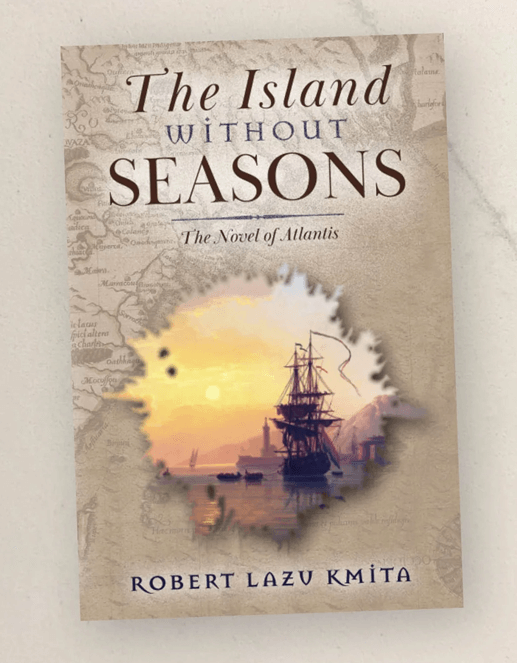Laughing With Shakespearean Controversies

Never have the father, son, and holy ghost of letters been so split by heretics as in the holy trinity, maybe the holiest of the Western literary trinity—of William Shakespeare and his works, his audience, and his life. In most publications of these heretics, these sour-puss skeptics, so despised by Academia, we will also find a list of very famous ones who, at one time in their life, expressed a doubt that the man born in Stratford-upon-Avon as “William Shakespeare” wrote the works attributed to William Shakespeare in 1623.
The list is long: Mark Twain, Ralph Waldo Emerson, Orson Welles, Charlie Chaplin, Sir John Gielgud, Sigmund Freud, Harry A. Blackman, Charles Dickens, Walt Whitman, and the James Brothers, William and Henry. Many of these artists longed to be successful playwrights and failed in those ambitions.
Perhaps the Shakespeare question, the question of authorship, is closely related to our own questions of origin, our origins of thoughts, our origins of actions in our own psyche, and, of course, the proper time and place for the appearance of these inner creations.
What’s in a name? I might be indulging my fancy here, but there is an observer, a watcher, who remains anonymous, in most artists. I know and I read the author Shakespeare to be profoundly sensitive to this in his sonnets and well-masked characters (Hamlet, Viola, Rosalind).
It seems, too, that the question of authorship for some of those who loudly affirm the authorship, an aspect of it, amounts to a deep longing for Shakespeare to make an exception for the me of us; the goal (quite possibly) was to allow that me nearer to his true self than any other. And this speaks to our inner desires with regards to the notions of celebrity: their own personal Shakespeare who sat at a table all alone, silent and unseen, and wrote very deep and brave and intricate things, while at another table, a gregarious, showman, the actor Shakespeare sat, greeting all comers.
The Question is even compounded further by the fact that very few cartographers ever attempt a coherent life narrative, unfolding in any chronological order, but they relate Shakespeare’s life by these, without sequence or succession.
Can an artist be unlike his art? Are some of us very different from what we seem? Are all of us? Is the world, the universe in fact, different from what it seems? The great philosophers, theologians, explorers, scientists of every kind, and innovators in any field are bound to tell us so, from direct experience. If they did not, they would not be the innovators they are. Shakespeare tells us again and again and again. Seeming and Being are the drum and bass of all his songs.
In short, he told us. We have our answer to The Big Question.
In The Which of Shakespeare’s Why, a rollicking, joyful comic novel, by “Leigh Light” (a pseudonym, further intensifying the whole theme of authorship), that question is answered. In this story, a twenty-first-century playwright named Harry Haines makes the case for a major contender via a play he himself is writing for a struggling New Jersey theater company.
Faced with strong disapproval from the orthodox “Stratfordites” and with the backing of supporters that sometimes takes some unusual forms, Harry attempts, against great odds, to get the play written, produced, and performed. No small task, but sometimes you are left wondering if the play’s the thing.
Harry has to overcome his own doubts (the push and pull of yes or no to the authorship question), stay on the right side of the right people (the heavily-monied and the extremely opinionated), keep his romantic life (yes, there is that) under control, and deal with not only a couple of difficult small-time diva of an actresses that weren’t enough to tip Harry’s paper-plate, add in a gaggle of opinionated Rockettes.
It is just like Shakespeare’s comedies. This story is part uproarious farce, part important commentary and interrogation not only on the characters, but, perhaps, too, on the reader.
The Which of Shakespeare’s Why provides a thought-provoking look at a controversial puzzle with a surprising, ingenious, and wholly satisfying ending that Shakespeare—whoever he was—would have given a standing ovation.
The dramatic device of toggling between the Elizabethan Era and our modern times driven by a tangle of conspiracies and drama, on and off the boards, delivers a good share of perceptions and significance on this study of the chronicles during this age and literature in the younger generation.
Lovers of the mysteries, both mythological and established, of Shakespeare—and anyone engrossed by why those mysteries and why the work to constantly unearth bits of the truth itself remain so urgent—will delight in and be engaged by this crisp and entertaining (on several levels) lively literary immersion in things Shakespeare and the world of Shakespeare, in his times and ours. Not only will you enjoy it, but, perhaps like me, you’ll find yourself laughing aloud while reading it. When was the last time you had that experience?




